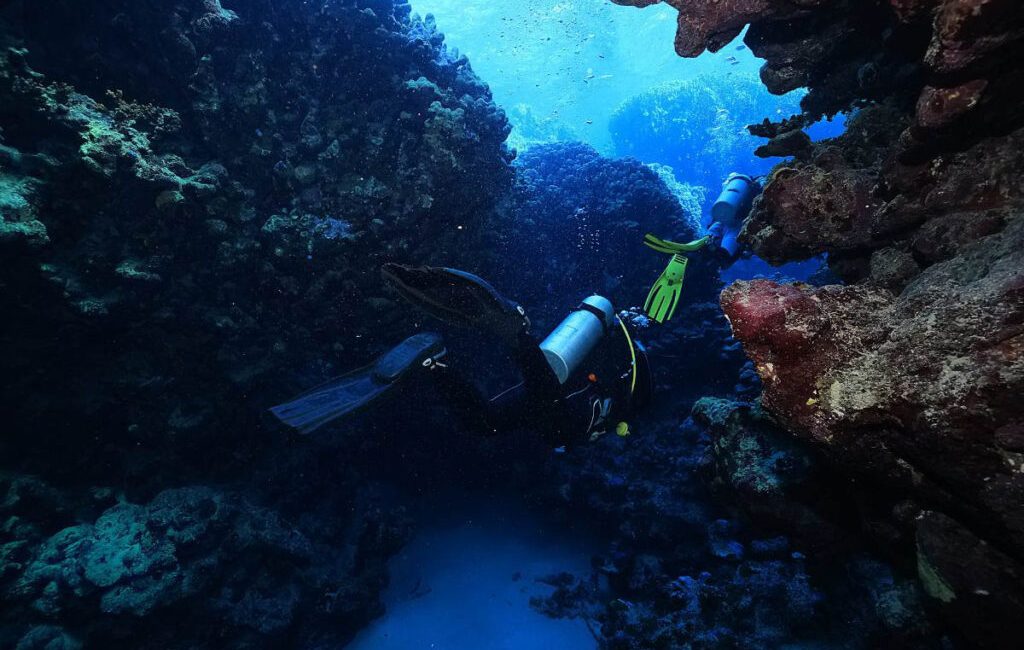Stay safe at off-grid dive sites without a cell signal. Read tips about preparation, essential equipment, and safety for remote underwater adventures.
Some of the best scuba adventures happen far from civilization at off-grid dive sites where cell signals disappear. While these spots offer pristine underwater views and unique marine life, they also require extra planning for you to stay safe and make the most of the experience. This guide covers how to stay safe at off-grid dive sites without a cell signal, so you can fully enjoy your expedition.
Prepare Thoroughly Before Setting Out
Preparation is the first step in staying safe when venturing to off-grid locations. Research the dive site ahead of time, paying attention to information about underwater currents, tides, and any potential hazards.
Let someone you trust know your destination and expected return time. Pack safety gear, including first aid supplies, emergency tools, and navigation devices. When you have limited means of communication, preparation is the key to staying safe.
Choose the Right Communication Tools
Staying connected is a challenge without cell phone service, but it’s still possible with the right tools. Waterproof features on two-way radios allow divers to communicate with each other and surface teams in remote areas or rough conditions.
This kind of communication is a reliable way to manage emergencies or adapt to changes in the environment. Having a way to stay in touch is a simple but important step in improving safety when you are at off-grid dive sites.
Establish a Buddy System
Never dive alone in remote locations. Always dive with at least one trusted partner, and make sure to establish clear communication signals for use underwater. It’s also important to plan for different scenarios, such as what to do if one diver surfaces alone or has equipment issues. The buddy system gives both divers the responsibility to watch out for each other, which is necessary in challenging environments.
Learn Emergency Protocols
Before setting out, know what to do in an emergency. Practice important skills such as sharing air, performing controlled ascents, and handling entanglements. It’s also wise to carry emergency signaling devices such as a surface marker buoy (SMB), which can alert surface crews or passing boats to your location. Practicing these protocols and carrying the right tools can boost your confidence and improve safety for everyone during the dive.
Trust Your Gear and Your Training
Off-grid dives ultimately rely on well-maintained gear. Before getting in the water, ensure your equipment is in top condition and that you know how to use all of it properly. This includes checking your regulator, buoyancy control device, and tanks.
In the event of a malfunction, trust your training and use your gear accordingly. Experienced divers know that dependable equipment and good training is the difference between a smooth dive and a risky situation.
Diving at remote locations offers a sense of freedom and discovery, but it also involves serious responsibilities. By bringing the right tools, divers can focus on the adventure without sacrificing safety. Knowing how to stay safe at off-grid dive sites without a cell signal is one step of many toward a successful dive. Keep these simple tips in mind for your next underwater adventure.
THE SCUBA NEWS Link !
DemirHindiSG 13 Temmuz 2025-17:55




